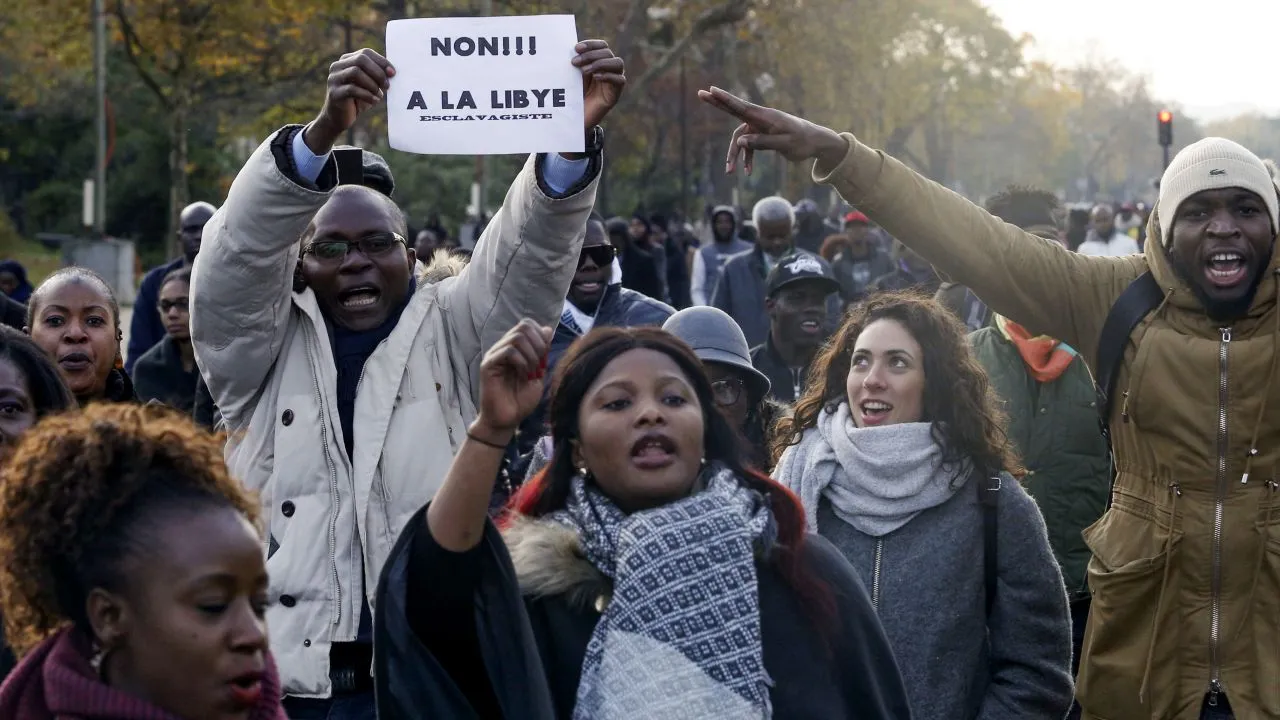The UN fact-finding mission on the state of human rights in this nation criticized Monday that migrants imprisoned in Libya from where they are seeking to reach Europe are degraded to sexual slavery, a crime against humanity.
In a statement released to coincide with the presentation of its most recent report, the mission expressed its deep concern over the deterioration of the human rights situation in Libya and came to the conclusion that there is reason to believe that a variety of war crimes and crimes against humanity have been committed by state security forces and armed militias.
According to investigators, similar mistreatments of migrants and native Libyans take place in prison facilities all around Libya. The expedition confirmed that these practices are pervasive in Libya by documenting and seeing several instances of arbitrary imprisonment, murder, torture, rape, sexual slavery, extrajudicial executions, and forced disappearances.
In particular, the mission suggests that there are solid reasons to suspect that migrants were the victims of sexual slavery, a crime against humanity. The mission claims that the migrants were held as slaves in both open detention facilities and covert jails where rapes are carried out, both of which are considered crimes against humanity.
In order to commit crimes, individuals, groups, and state institutions benefit financially from the smuggling of vulnerable migrants and other forms of human trafficking, slavery, forced labor, incarceration, and extortion. To put a stop to this pervasive impunity, there is an urgent need for accountability.
In order to hold individuals accountable for violating human rights, the Libyan government must immediately create an action plan for advancing human rights and a path for transitional justice that puts victims first. The Human Rights Council formed the mission in 2020 to look into abuses perpetrated by all parties in Libya since 2016. Since then, the expedition has interviewed more than 400 people and gathered more than 2,800 pieces of data, including pictures and videos.
It will provide the International Criminal Court with its information, including a list of those who may be held accountable for the violations, but it also requests that the UN create a new commission to carry out the investigation.
